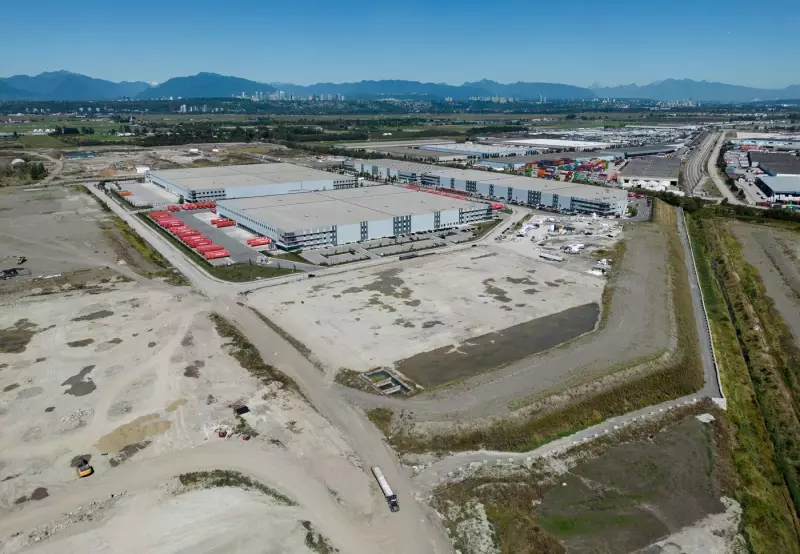
In a significant development that could reshape Indigenous relations in British Columbia, Premier David Eby has revealed the province will petition the courts to pause the implementation of a landmark ruling favoring the Cowichan Tribes.
The provincial government's decision to seek a stay comes after careful consideration of what Eby describes as "profound implications" for land management and Indigenous rights across BC. The Premier emphasized that this legal maneuver is not about challenging Indigenous rights but rather about ensuring proper implementation of complex legal frameworks.
Balancing Progress and Process
During a press conference in Vancouver, Premier Eby stressed that the government remains committed to reconciliation with Indigenous peoples. "This legal step is about creating the space needed to properly implement decisions that affect not just one community, but potentially many across our province," Eby explained.
The case centers around the Cowichan Tribes' legal victory that could set precedents for how Indigenous land claims and resource management are handled throughout British Columbia. Legal experts suggest the outcome could influence similar cases involving other First Nations communities.
Broader Implications for Indigenous Relations
The government's move to seek a stay demonstrates the delicate balance between honoring court decisions and managing the practical implementation of those rulings. Eby acknowledged the complexity of the situation, noting that the government must consider multiple perspectives and long-term consequences.
This development occurs against the backdrop of BC's ongoing efforts to advance reconciliation with Indigenous communities. The province has made significant strides in recent years, but cases like this highlight the ongoing challenges in translating legal victories into practical outcomes.
As the legal process unfolds, all eyes will be on how this case shapes the future of Indigenous-government relations in British Columbia and potentially across Canada.





